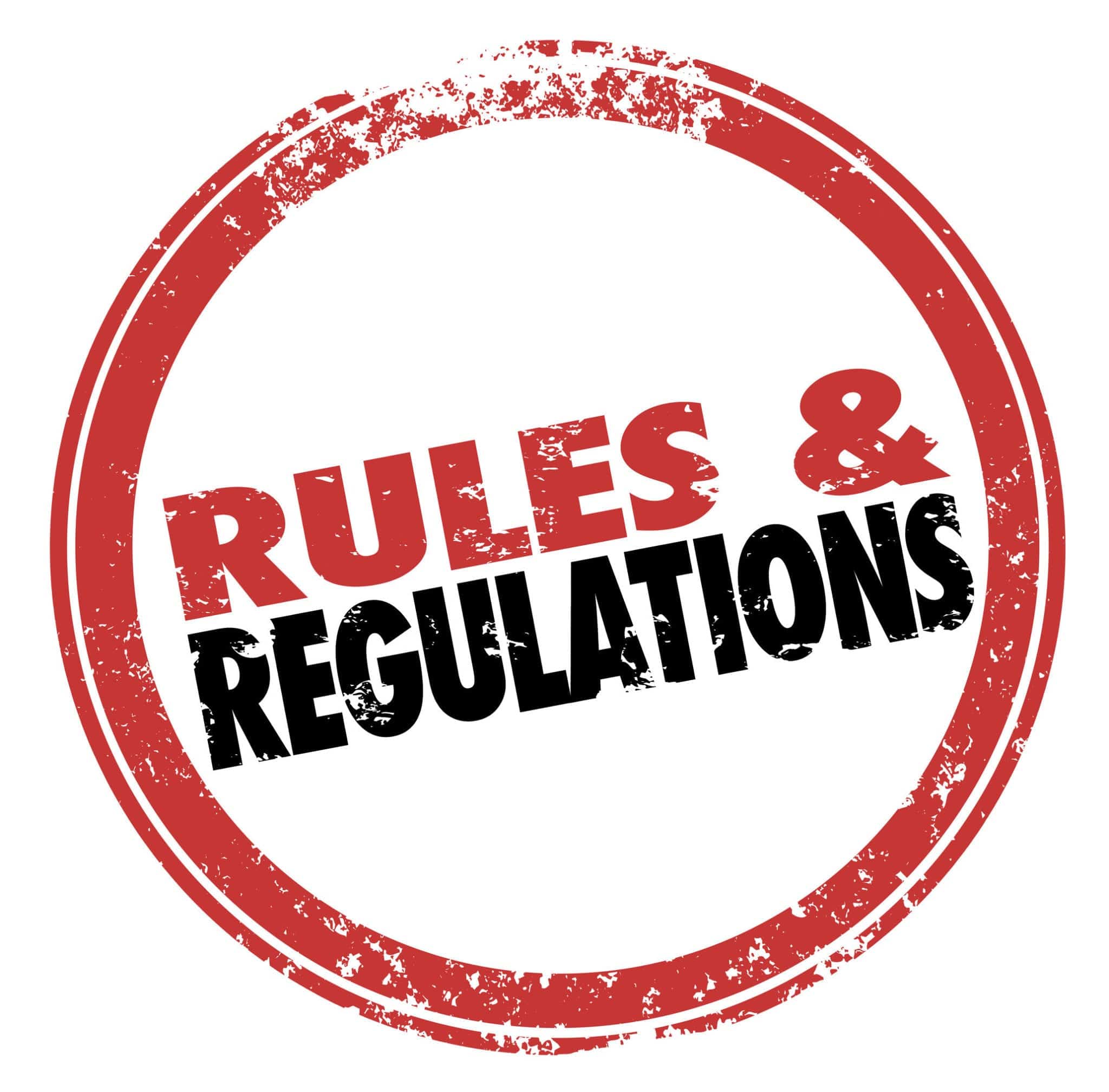How Do Lawyers Suppress Evidence in Drug Cases?
February 21, 2025

When Your Holiday Prank Has Landed You a CO Criminal Mischief Charge
CO Cops Arrest Lots of People for Holiday DUIs – Don’t Be One of Them
Posted by: Jacob E. Martinez
Category: Parole Violations | Probation Violations
Parole and probation are both alternatives to imprisonment. Another thing they have in common is that either a probation violation or a parole violation is a threat to your freedom, and could potentially land you in jail for some or all of your original sentence.
However, these sentences are handed down under different circumstances, and their terms differ to some extent.
We’ve put together a guide covering the similarities and differences between parole and probation, the consequences of a violation, and how to defend yourself if you’re accused of a violation.
Many people use the terms parole and probation interchangeably, but these terms refer to separate judicial processes.
Probation is issued as an alternative to being sentenced to prison and allows the defendant an opportunity to prove that they desire to rehabilitate themselves.
The judge will either issue probation without a predetermined sentence, or find the defendant guilty and suspend the prison sentence. If the defendant meets all terms of probation, they will not be sent to prison.
On the other hand, parole is issued after the defendant has already served some or all of their time in prison, and has been granted an opportunity to serve the rest of their time outside.
Parole can apply if the defendant is released from prison early on good behavior. Alternatively, some sentences require that the defendant serve parole after the prison sentence is complete.
The terms of probation and parole are often similar although some specific terms depend on the defendant’s history, the offense in question, and any special considerations for the defendant. For example, a history of mental health problems or substance abuse.
Common terms of probation and parole include:
Probation and parole have one more very important thing in common: When a defendant violates any of the terms, their freedom is threatened.
For a probation violation, the defendant is still subject to the jurisdiction of the court. This means that the original judge has the right to amend or modify the terms of probation.
Consequences for a probation violation can include:
For parole violations, the defendant is brought before the parole board to determine the appropriate consequences. Consequences for a parole violation could include:
Any parole or probation violations should be taken very seriously, as you could potentially face jail time. This means that it’s important to respond proactively, and ideally to seek the help of a probation violation attorney.
Your response to the violation, and potentially your legal representation, can dramatically change how the violation is managed. Ideally, you will be able to work directly with your parole or probation officer to handle the violation administratively, avoiding formal sentencing.
About the Author:
Denver-based criminal defense and DUI attorney Jacob E. Martinez is a knowledgeable and experienced litigator with a record of success providing innovative solutions to clients facing criminal charges of any severity. Mr. Martinez has been designated a Top 100 Trial Lawyer by the National Trial Lawyers and has been awarded both the Avvo Client’s Choice Award and Avvo Top Attorney designation, evidencing his reputation for his exemplary criminal and DUI defense work and high moral standards.
Jury Trial - Not Guilty
Jury Trial - Not Guilty
Arapahoe 1st Degree Assault/Vehicular Assault
Jury Trial - Not Guilty
Denver Domestic Violence Assault Case
Jury Trial - Not Guilty
Denver D.V. Assault
Jury Trial - Not Guilty
Denver Careless Driving Resulting in Death
Jury Trial - Not Guilty
Jefferson County Felony Menacing
Jury Trial - Not Guilty
Adams County DUI
Jury Trial - Not Guilty
Jefferson County DUI
Jury Trial - Not Guilty
Jefferson County DUI
Jury Trial - Not Guilty
Jefferson Vehicular Assault/DUI
Jury Trial - Not Guilty
Jefferson County DUI
Jury Trial - Not Guilty
Boulder County DUI case
Jury Trial - Not Guilty
Arapahoe County DUI case
Jury Trial - Not Guilty
Adams County DUI case
Jury Trial - Not Guilty
Douglas County DUI case
Jury Trial - Not Guilty
Gilpin County DUI case
Dismissed
Broomfield County Probation Revocation case
Dismissal
Arapahoe County DUI case
Deferred Judgment
Arapahoe County DUI case
Deferred Judgment
Douglas County DUI case
Deferred Judgment
Larimer County DUI case
Deferred Judgment
Arapahoe County DUI Case
Deferred Judgment
Denver Felony Burglary Case
Deferred Judgment
Arapahoe County DUI case
Dismissed
Arapahoe County Protection Order Case
Dismissed
Golden Destruction of Property case
Dismissed
Jefferson County Protection Order case
Dismissed
Jefferson County Domestic Violence case
Dismissed and Sealed
Jefferson County DUI case
Dismissed
Denver Major Traffic Offense case
Dismissed and Sealed
Broomfield County Domestic Violence case
Dismissed
Summit County DUI Revocation
Dismissed
Denver DUI Revocation
Dismissed
Denver DUI Revocation
Dismissed
Denver DUI +.2 Involving Accident and Injury case
Dismissed
Denver DUI/Habitual Traffic Offender case
DISMISSAL
Denver District Aggravated Theft
Dismissed
Greenwood Village Assault case
Dismissal
Elbert County DUI
Dismissed
Arapahoe County Domestic Violence case
Dismissal
Jefferson County DUI
Dismissal
Denver Municipal Assault
Dismissed
Boulder County Domestic Violence Assault case
Dismissed
Wheat Ridge Assault case
Dismissed
Jefferson County DUI case, with 2+ Prior Convictions
Dismissed
Arapahoe County Domestic Violence case
Dismissed
Broomfield County Domestic Violence case
Dismissed with No Charges Filed
Jefferson County Felony Theft case
Dismissed
Arapahoe County Felony Theft case
Dismissed
Boulder County Felony Theft case

